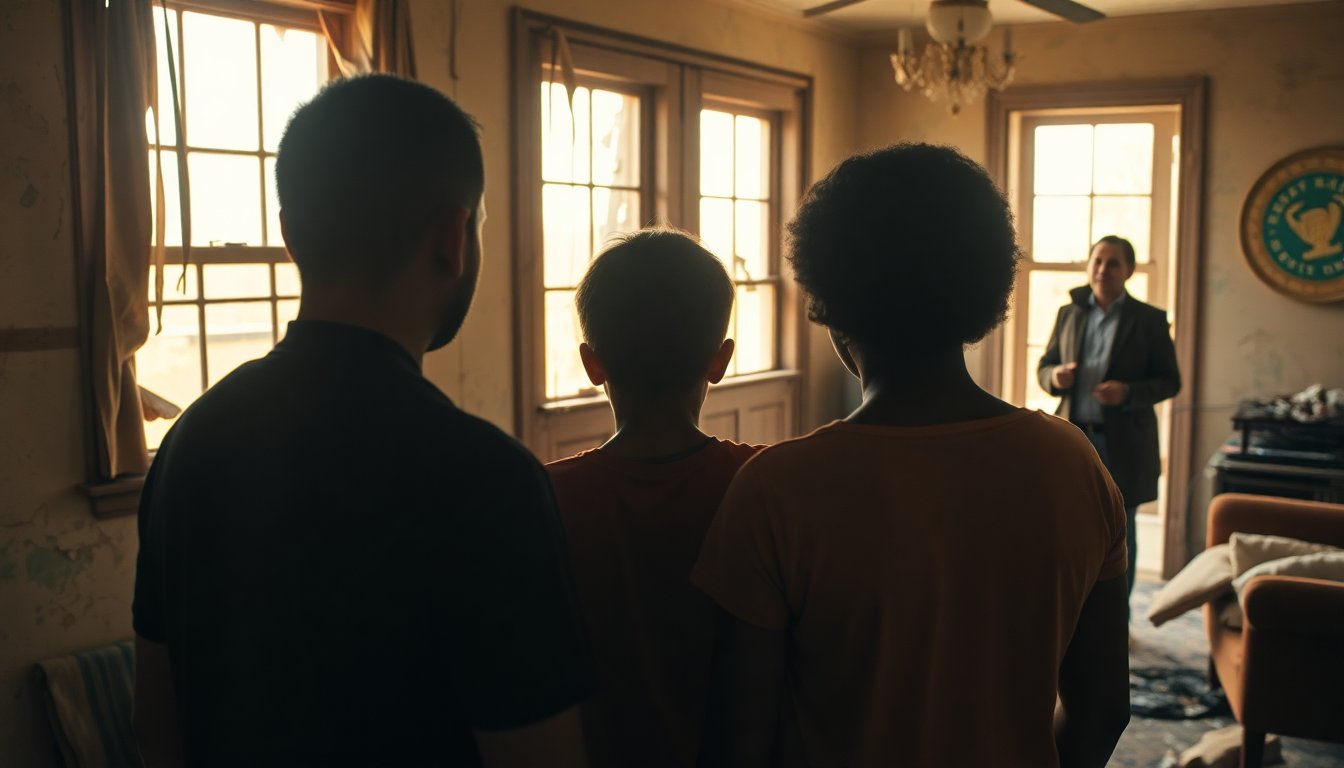Table of Contents
The Whittaker family, known as America’s most infamous clan due to their extraordinary circumstances, is facing a troubling situation. Three members of this family, once the focus of a viral YouTube documentary, have been taken into state custody, leaving their relatives confused and distressed.
In September, West Virginia’s adult protective services discreetly removed Ray Whittaker, 72; his sister Lorene, 79; and her son Timmy, 46, from their deteriorating home in Odd, West Virginia. The family’s notoriety arose from a documentary that exposed the severe genetic isolation and disabilities affecting them. Surviving siblings Betty, 73, and Larry, 69, expressed their dismay, stating they have not been informed about the whereabouts of their loved ones since the intervention.
The impact of viral fame
The Whittakers gained notoriety through a documentary by filmmaker Mark Laita, which explored their unique circumstances and the repercussions of their inbreeding, stemming from a century-old union between two sets of cousins. The documentary attracted significant attention, turning the family into a grim symbol of rural poverty and voyeuristic intrigue.
This newfound fame, however, came at a cost. Their remote home, located 75 miles south of Charleston, became a target for curious onlookers and social media enthusiasts. What was once a secluded sanctuary became a spectacle, with neighbors reporting frequent visits from individuals seeking to document their lives.
Chaos and confusion
Amid the viral attention, Larry Whittaker believes the surge in media interest prompted state authorities to intervene. “People are profiting from our family, and it seems the authorities disapprove,” he stated. Both he and his sister Betty have been left in the dark regarding their relatives’ situation, expressing feelings of isolation and worry.
The West Virginia Department of Human Services acknowledged the situation but maintained silence, citing confidentiality. This lack of communication has forced the family to cope with uncertainty. Betty lamented, “They said they were helping them, and they couldn’t live here anymore. I miss them a lot; I raised them.”
Living conditions and family ties
When reporters recently visited the Whittakers’ property, they encountered unsettling living conditions. Betty and Larry remained in their dilapidated home, surrounded by evidence of neglect. A gas stove bore remnants of uncooked food, while insects scuttled across the countertops. The calendar inside the house hung frozen in March, a stark reminder of their stagnant situation.
Outside, makeshift lines held up towels, and remnants of previous celebrations littered the porch alongside garbage and discarded items. The property was a chaotic blend of broken trailers and a crumbling chicken coop, illustrating the dire state of their living environment.
Fears for the future
The emotional toll on the remaining family members is palpable. Larry Whittaker expressed anxiety over the lack of communication, stating he has been waiting for a phone call that never came. “They won’t tell us where they are,” he said, his voice reflecting frustration and concern. The fear of losing connection with their loved ones weighs heavily on both Betty and Larry as they navigate their feelings of helplessness.
The Whittakers’ story exemplifies how viral fame can lead to unforeseen consequences. What began as a glimpse into the lives of a unique family has quickly evolved into a situation that profoundly impacts their lives, raising ethical questions about exploiting individuals for entertainment. As the Whittakers confront their new reality, the complexities of their situation continue to unfold.


